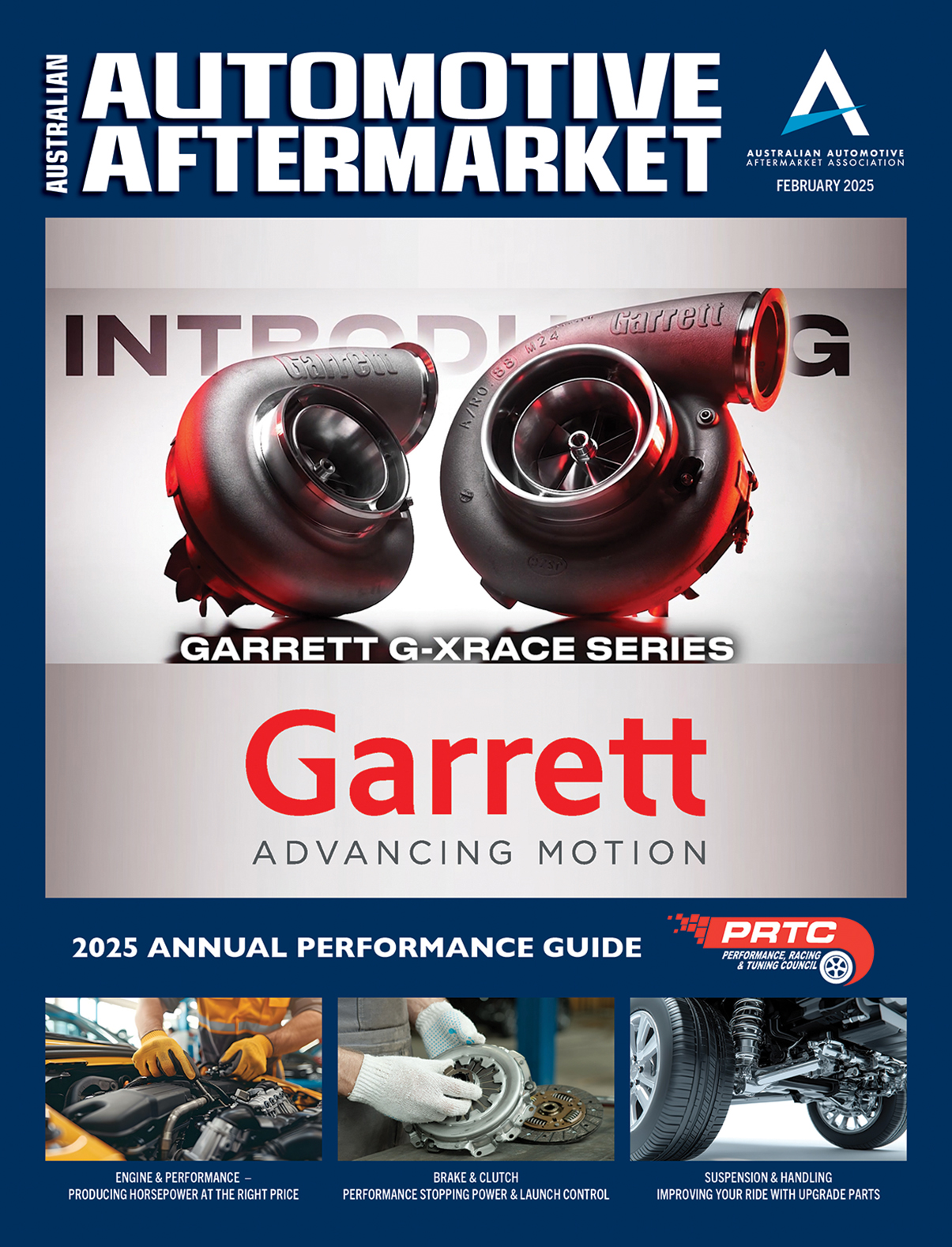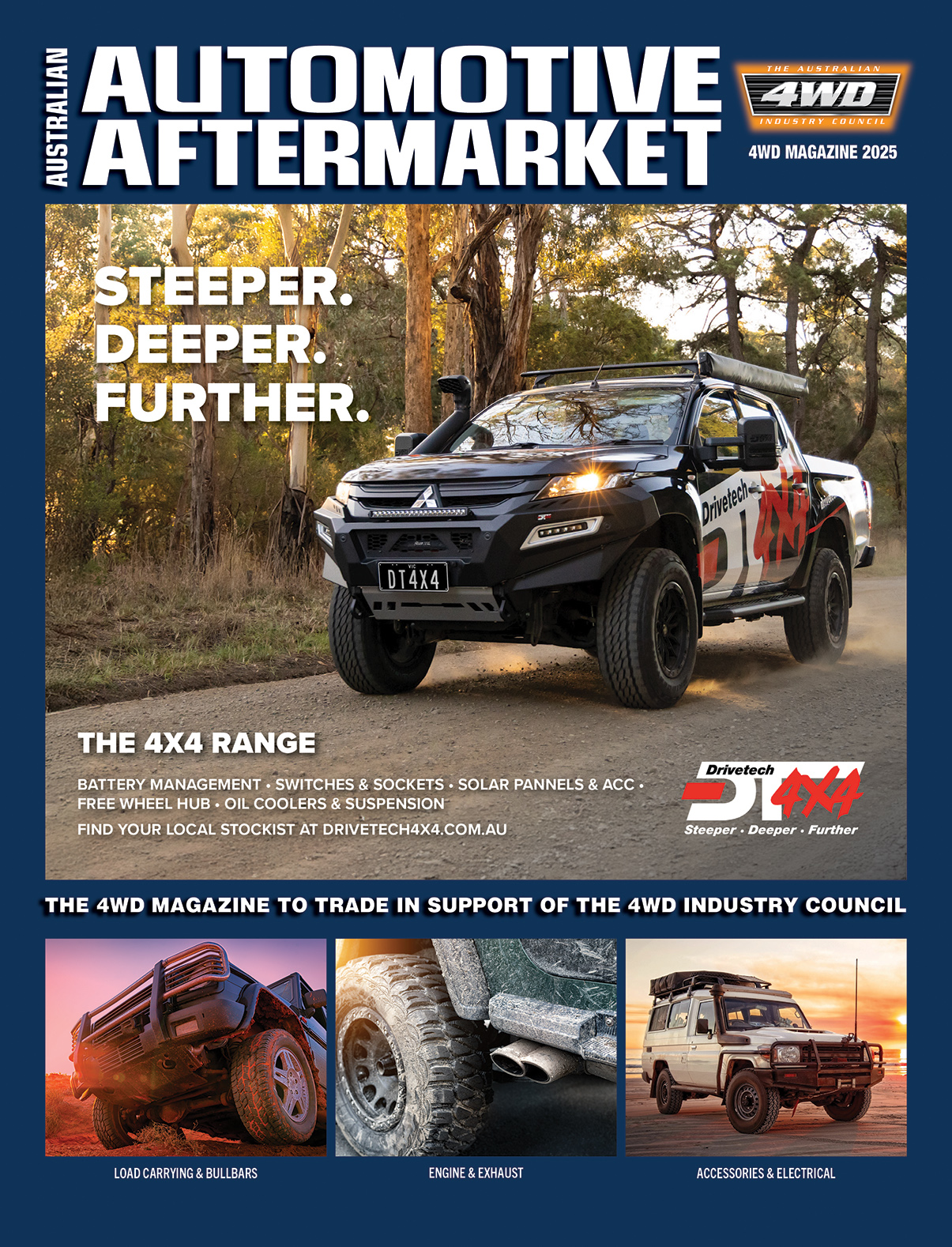RAISING THE BAR, NOT THE RED TAPE
What the data really says about licensing, and how industry and regulators can make it work

It compares the safety and quality outcomes of each state and territory against their licensing regimes for automotive repairers. The conclusion? Licensing has no clear link to better outcomes.
In plain terms: whether or not a state requires a licence to repair cars, the data shows little difference in actual safety or quality.
The theory versus the reality
On paper, licensing sounds appealing. Many in our industry support the idea in principle. It creates a “hurdle rate” – a sense that you have to prove your competence before calling yourself a qualified technician.
For workshop owners who have invested in training and equipment, licensing offers recognition and protection against backyard operators.
But in practice, licensing systems often fail to deliver. Governments tend to focus their compliance activity on licensed operators, after all, they’re the ones whose names and addresses are on file.
Meanwhile, the very people licensing is supposed to keep out of the industry – the unlicensed and unqualified – carry on with little interference.
The result? Legitimate businesses are bogged down in red tape, and fined for minor paperwork breaches, while unlicensed operators keep trading unchecked.
The NSW EV licensing push
We saw this play out in New South Wales when the government proposed a mandatory licence for working on electric vehicles. AAAA opposed the measure because it risked doing more harm than good.
It threatened national consistency, added duplication for compliant workshops, and ignored the real issue; unqualified operators flying under the radar.

The irony? The Productivity Commission’s own data suggests licensing does not automatically improve safety outcomes.
Following the money
There’s another layer to this debate; one the Commission itself acknowledges. When training providers help design the very rules that create a market for their courses, the risk of regulatory capture is real.
In the NSW EV debate, some of the loudest supporters of mandatory Skill Set 64 were also delivering the course.
That doesn’t mean their safety concerns weren’t genuine, but it does raise questions about whether commercial interest was shaping regulatory policy.
Consumers and businesses deserve better than regulation that doubles as a revenue stream.
Towards smarter regulation
The Productivity Commission is right to warn against excessive occupational entry requirements.
But equally, AAAA believes the solution isn’t to discard licensing altogether. Our members want recognition for their professionalism, and consumers deserve protection from unsafe operators.
Smarter, nationally consistent regulation should be guided by four principles:
• Enforcement focused on unlicensed operators
• Entry requirements that reflect genuine safety risks
• Independence from vested interests
• A system that rewards compliance while punishing negligence
A wake-up call
The Commission’s evidence shows what our industry has long suspected: licensing, in its current form, is a poor proxy for safety.
If governments are serious about protecting consumers, they must move beyond symbolic regulation and focus on stamping out unqualified operators.
Anything less is window-dressing – and another burden on the businesses already doing the right thing.
A national conversation
This is a national conversation our industry needs to have.
If we don’t form a clear, unified view about accreditation, licensing, recognition of skills, and how best to elevate respect for our trade, we leave regulators free to design clumsy, ineffective rules on our behalf.
The Commission’s report is a reminder that the stakes are too high for silence.
It is time for us, as an industry, to decide what good regulation looks like – before government does it for us.
If you would like to offer your thoughts on this subject, please email advocacy@aaaa.com.au








